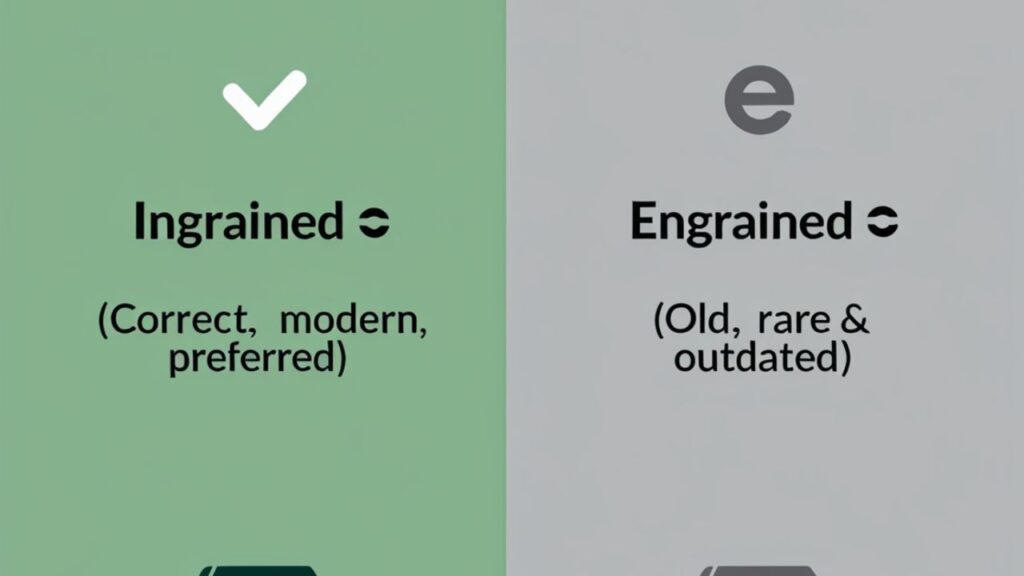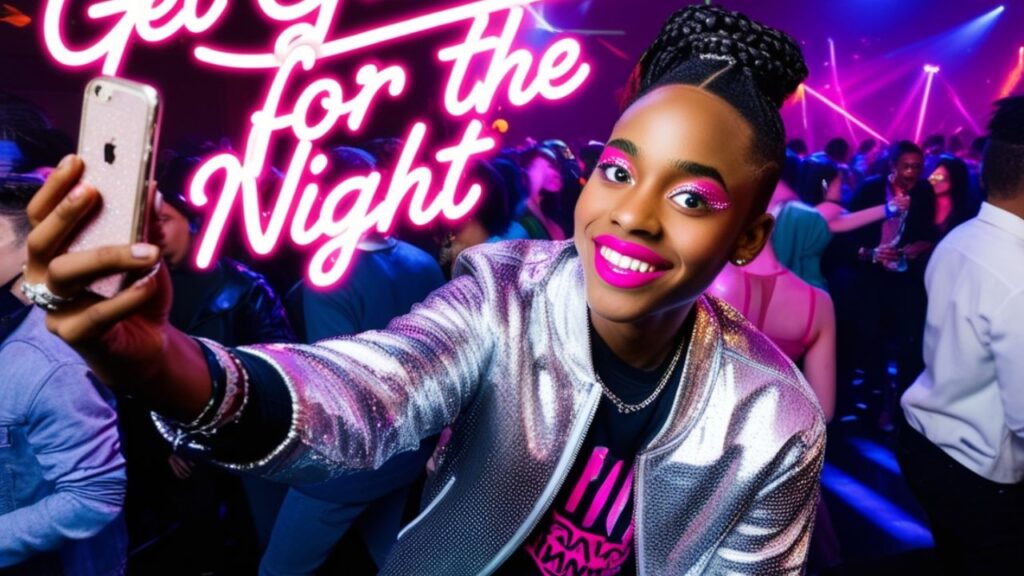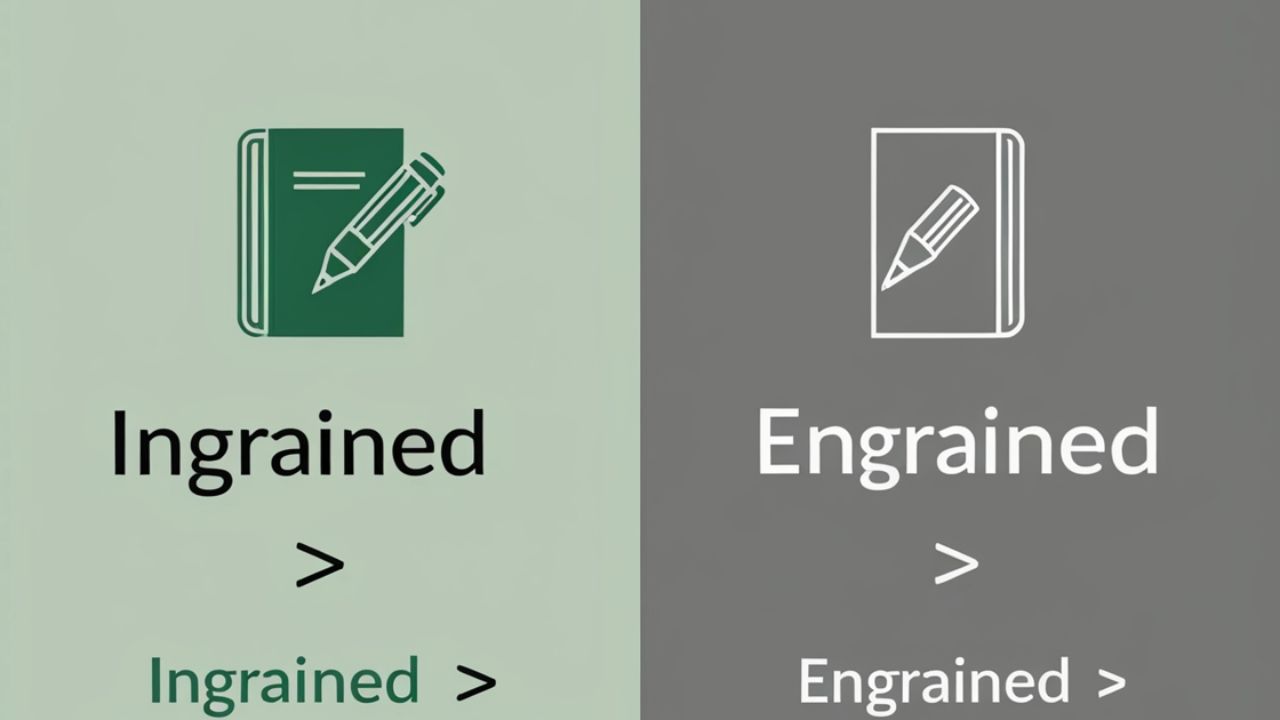The phrase gussied up means getting dressed in a bright, neat, or fancy way. People often use it when someone wears special clothes, makeup, or shiny shoes. It gives a sense of style, excitement, and confidence before an important event.
The origin of this expression goes back to the United States in the 1930s. It may have started as a nickname like Gussy for Augusta or Augustus. Over time, it became a fun way to describe looking stylish or glamorous.
In modern usage, this phrase appears in stories, fashion blogs, and even social media posts. People write it when they show off party outfits or holiday looks. It carries a happy, playful meaning and makes ordinary dressing sound more exciting.
What Does “Gussied Up” Really Mean?
The phrase gussied up describes someone who dresses in neat, shiny, or fancy clothes. It shows that extra effort has been made to look special. People often use it when preparing for parties, weddings, or big events with family and friends.
This expression brings a feeling of joy and confidence. Being gussied up is not only about clothes but also about feeling proud and cheerful. It can make simple days brighter, turning normal moments into something more colorful and memorable.
Common Connotations
- Overdressed – Wearing more fancy clothes than needed.
- Flamboyant – Showing a bright, colorful, or bold style.
- Polished – Looking neat, tidy, and ready for special events.
- Playful – Carrying a light, cheerful, or fun tone.
- Extra effort – Putting in more work than usual to look stylish.
The Roots of “Gussied”: A Linguistic Deep Dive
| Word | Type | Origin | Notes |
| Gussy | Verb (slang) | U.S. (circa 1935) | Informal term meaning “to dress up” |
| Gussied (past tense) | Adjective/verb | Derived from “Gussy” | Used in past participle form to mean “dressed up” |
The word gussy first appeared in America during the 1930s. It started as a playful slang word connected with stylish names like Augusta or Augustus. Over time, people began using it to describe someone who dressed in a fancy or eye-catching way.
Writers in newspapers and magazines soon used gussy in everyday speech. It became linked with fashion, glamour, and bright personalities. This small word carried big meaning, showing how language can change and grow into colorful expressions that people still enjoy today.
From Nicknames to Nightlife: Historical Backstory
To understand the rise of “gussied up,” we need to look at the cultural and social backdrop of the early 20th century.
See also : Possess vs Possess: Correct Spelling Explained Clearly
Fashion and Social Aspirations
During the 1920s and 1930s, fashion became a way for people to show hope and style. Clothing choices reflected dreams, even during hard times. Bright dresses, sharp suits, and sparkling details gave people confidence and helped them feel important in society.
Many connected their social aspirations with clothing. Looking polished showed respect and pride. Even simple accessories like hats or shiny shoes carried meaning. Dressing well became a symbol of progress, helping people believe in themselves and share their identity with others.
- Fashion gave people a way to show hope and pride.
- Clothing choices reflected dreams, even in hard times.
- Style became a symbol of progress and self-worth.
- Accessories like hats or shoes added meaning to appearance.
- Dressing well helped people express confidence and identity.
Gender & Presentation
The idea of gender influenced how people dressed and presented themselves. Women were often expected to appear neat and decorated, while men were praised for looking sharp. These differences showed how society connected clothing with roles and personal identity.
In many places, presentation became a form of self-expression. Some people dressed in bold or colorful ways to stand out. Others kept their look simple. Clothing choices reflected individuality, allowing people to express feelings, confidence, and personal style in everyday life.
Cultural Shifts: “Gussied Up” Across Time and Society
| Decade | Evolution of Meaning |
|---|---|
| 1930s | Rural slang for being overdressed |
| 1950s | Common in beauty parlors, fashion magazines |
| 1970s | Used in drag and theatrical subcultures |
| 2000s–2020s | Retro charm, Instagram captions, pop culture reboots |
Over the years, culture shaped how this phrase was understood. In the 1930s, it sounded humorous, often describing someone overdressed. Later, in the 1950s and 1970s, it became connected with beauty parlors, theater groups, and even creative communities that celebrated colorful expression.
As society changed, the meaning of gussied up softened into something cheerful. Modern times use it in fashion blogs, social media, and lifestyle writing. It carries a nostalgic charm, showing how traditions mix with new styles to keep language fresh and lively.
Transatlantic Usage: US vs. UK, Australia & Beyond
While “gussied up” is distinctly American English, its charm has made it across oceans.
United States
- Most common use appears in everyday American English.
- Strong presence in the South and Midwest regions.
- Often said in a casual and humorous tone.
- Still linked with parties, dances, and social events.
- Keeps a retro charm while staying familiar in speech.
United Kingdom
- Rarely used in modern British English.
- Sometimes confused with “dressed to the nines.”
- Appears more in retro or vintage fashion circles.
- Carries an old-fashioned charm when spoken.
- Seen in literature and period-style events occasionally.
Australia
- Used less often in everyday conversation.
- Common during special events like weddings or races.
- Strong link with the Melbourne Cup fashion culture.
- Brings a sense of celebration and fun.
- Heard in casual, cheerful contexts with friends.
Fashion, Femininity, and the Feminist Critique

“Gussied up” hasn’t escaped critical reflection. Feminist scholars and fashion historians have unpacked its gendered implications.
The Loaded Language of Looks
- Women were often told to gussy up for approval.
- Men were praised as sharp while women risked being called excessive.
- Fashion terms carried gendered expectations.
- In queer spaces, dressing up became empowering.
- Modern use celebrates choice and self-expression without judgment.
See also : Apposed vs. Opposed: Key Differences Explained Simply
Modern Usage: Where “Gussied Up” Shows Up Today
The idiom is no relic. It’s alive and kicking on Twitter, in novels, and even in political commentary.
Examples in Media & Pop Culture
- Featured in TV shows like Gilmore Girls with playful dialogue.
- Appears in country and Americana music lyrics.
- Used in lifestyle blogs about fashion and events.
- Found in novels and retro-inspired stories.
- Shared in social media captions to highlight style.
Usage Stats
- First strong rise in 1930s–1940s American newspapers.
- Peak visibility during the 1950s in fashion magazines.
- Decline noted through 1970s–1990s in common speech.
- Renewed interest in the 2010s with retro trends.
- Present in digital media and blogs today.
In Social Media
| Platform | Common Context |
| Style captions: “Feeling gussied up ” | |
| TikTok | Tutorials: “Watch me gussy up for a vintage party” |
| Moodboards: 50s makeup, old-Hollywood glam |
Contemporary Synonyms & Related Idioms
| Idiom | Meaning | Tone |
| Dressed to the nines | Very formally dressed | Elegant, British |
| All dolled up | Stylish, often feminine | Playful |
| Spruced up | Tidied or improved | Neutral |
| Put on the ritz | Extravagant, showy | Vintage, 1920s |
When to Get “Gussied Up”: Cultural Dress Codes
People today still “gussy up,” though the settings have shifted.
Occasions Where It Fits
- Perfect for weddings and family celebrations.
- Common at prom nights or school dances.
- Used for holiday parties and festive gatherings.
- Popular in drag shows and stage performances.
- Fun for vintage-themed events or dress-up nights.
How Formal Is “Gussied Up”?
| Setting | Level of Dress | Would “Gussied Up” Fit? |
| Gala | Formal |  |
| Beach BBQ | Casual |  |
| Retro Dance | Themed Dress |  |
| Job Interview | Business Formal |  (Depends on context) (Depends on context) |
How to Use “Gussied Up” Naturally in Conversation

This idiom shines in casual, cheeky banter.
Examples in Sentences
- “You look all gussied up for the big night.”
- “He got gussied up before the school dance.”
- “She was gussied up for a simple grocery trip.”
- “They felt gussied up in shiny new costumes.”
- “I’m already gussied up, so let’s head out.”
Writing Tip
Use it sparingly in professional writing, but feel free to sprinkle it into blogs, novels, and scripts for a vintage vibe.
Visual Timeline: The Evolution of “Gussied Up”
- 1930s – First slang use in rural United States.
- 1940s – Gained space in lifestyle and fashion columns.
- 1950s – Popular during Hollywood glamour culture.
- 1970s – Adopted by drag and queer communities.
- 2000s–2020s – Revived in blogs, fashion, and social media.
Final Thoughts
The phrase gussied up shows more than just dressing well. It connects fashion, culture, and identity in a lively way. From early slang to modern speech, it carries memories of elegance, humor, and confidence that continue to inspire people today.
In everyday life, expression through clothing helps people feel proud and happy. This idiom reminds us that language grows with society. By celebrating style and individuality, it keeps traditions alive while adding new meaning for future generations to enjoy and share.
FAQs
What does gussied up mean?
Gussied up means dressing in fancy, neat, or flashy clothes, often with makeup or accessories, to look stylish, polished, and confident for special occasions.
Where did all gussied up come from?
The phrase began in 1930s America, likely linked to the nickname “Gussy.” It grew popular in newspapers and fashion culture, describing stylish or overdressed appearances.
Is gussied up a compliment?
Yes, being gussied up is usually playful or positive. It highlights effort, style, and elegance, though sometimes used humorously when dressing seems unnecessary or extra.
What does it mean to get all gussied up?
To get all gussied up means preparing with stylish clothes, neat grooming, and accessories. It suggests looking your best for events, gatherings, or celebrations.

Join Bibcia on a journey to master English grammar. Discover easy lessons, writing tips, and practical examples designed to make learning grammar simple and effective.










